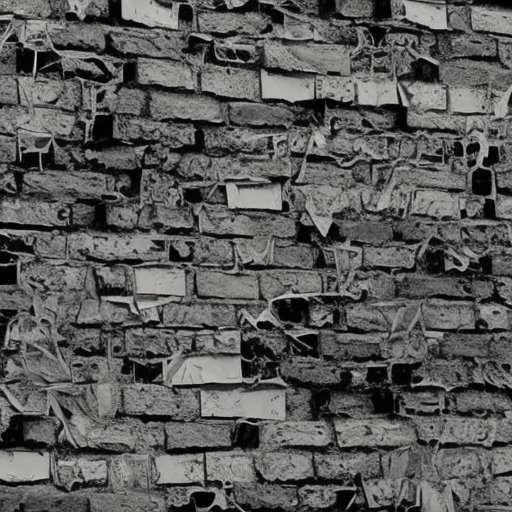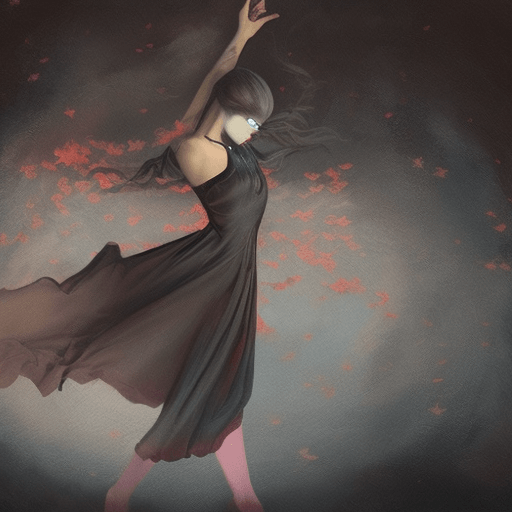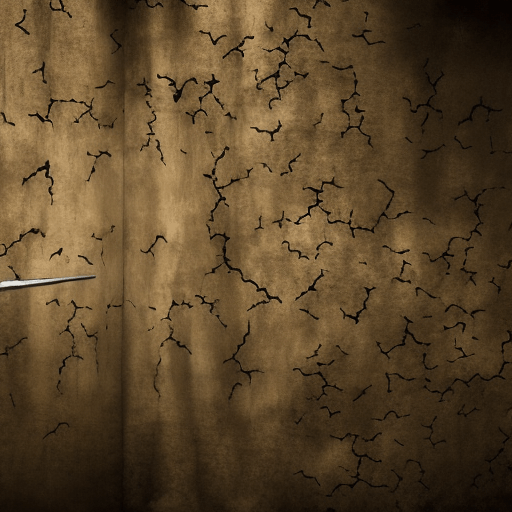The Celebration by Thomas Vinterberg
One-line summary: The Celebration is a gripping Danish drama that explores the dark secrets and dysfunctional dynamics of a wealthy family during a patriarch’s 60th birthday celebration.
Main Cast and Crew:
- Director: Thomas Vinterberg
- Writers: Thomas Vinterberg, Mogens Rukov
- Key Actors: Ulrich Thomsen as Christian, Henning Moritzen as Helge, Thomas Bo Larsen as Michael, Paprika Steen as Helene, Birthe Neumann as Else, Trine Dyrholm as Pia
- Music Director: Lars Bo Jensen
- Director of Photography: Anthony Dod Mantle
- Producers: Birgitte Hald, Morten Kaufmann, Sisse Graum Jørgensen
Plot:
The Celebration revolves around the 60th birthday party of Helge, a wealthy patriarch. The event takes place at a luxurious hotel owned by the family. Helge’s eldest son, Christian, who has been absent for years, returns to attend the celebration. As the festivities begin, it becomes evident that the family is harboring deep-seated secrets and unresolved trauma. Christian, fueled by resentment and a desire for justice, decides to expose the truth during his father’s speech.
Throughout the film, the dysfunctional dynamics of the family are laid bare. Christian’s twin sister, Linda, committed suicide years ago, and the family has never fully confronted the tragedy. Christian’s younger brother, Michael, is an alcoholic who struggles with his own demons. Their mother, Else, remains in denial about the family’s issues, while their sister, Helene, tries to maintain a facade of normalcy.
As the celebration progresses, Christian’s revelations shock and disrupt the family. The film delves into themes of abuse, denial, and the destructive power of secrets. It explores the consequences of burying painful truths and the impact it has on individual lives and family dynamics.
Themes and Motifs:
The Celebration explores themes of family dysfunction, the corrosive effects of secrets, and the struggle for truth and justice. It delves into the complex dynamics between family members and the masks they wear to maintain appearances. The film also touches on themes of guilt, forgiveness, and the power of confronting one’s past.
Motifs of darkness and light are prevalent throughout the film, symbolizing the hidden truths and the potential for redemption. The use of handheld cameras and natural lighting adds to the raw and intimate atmosphere, immersing the audience in the characters’ emotional turmoil.
Reception and Legacy:
Upon its release in 1998, The Celebration received critical acclaim for its powerful storytelling and intense performances. It won the Jury Prize at the Cannes Film Festival and was nominated for the Palme d’Or. The film’s innovative approach, known as the Dogme 95 movement, which emphasized naturalistic filmmaking techniques, had a significant impact on the industry.
The Celebration is regarded as a landmark film in Danish cinema and has influenced subsequent generations of filmmakers. Its exploration of family dysfunction and the uncovering of buried secrets continues to resonate with audiences worldwide.
Recommendation:
The Celebration is a gripping and emotionally charged drama that delves into the dark underbelly of a seemingly perfect family. It is a thought-provoking exploration of the destructive power of secrets and the complexities of familial relationships. The film’s raw performances and intense storytelling make it a must-watch for fans of psychological dramas.
Memorable Quote:
“Hereby, I declare that I am a murderer. My twin sister, Linda, committed suicide. I accuse my father, Helge, of having raped and abused her. I accuse my mother of having turned a blind eye to it and my brother Michael of having been a witness to the crimes. The family is guilty.” – Christian












